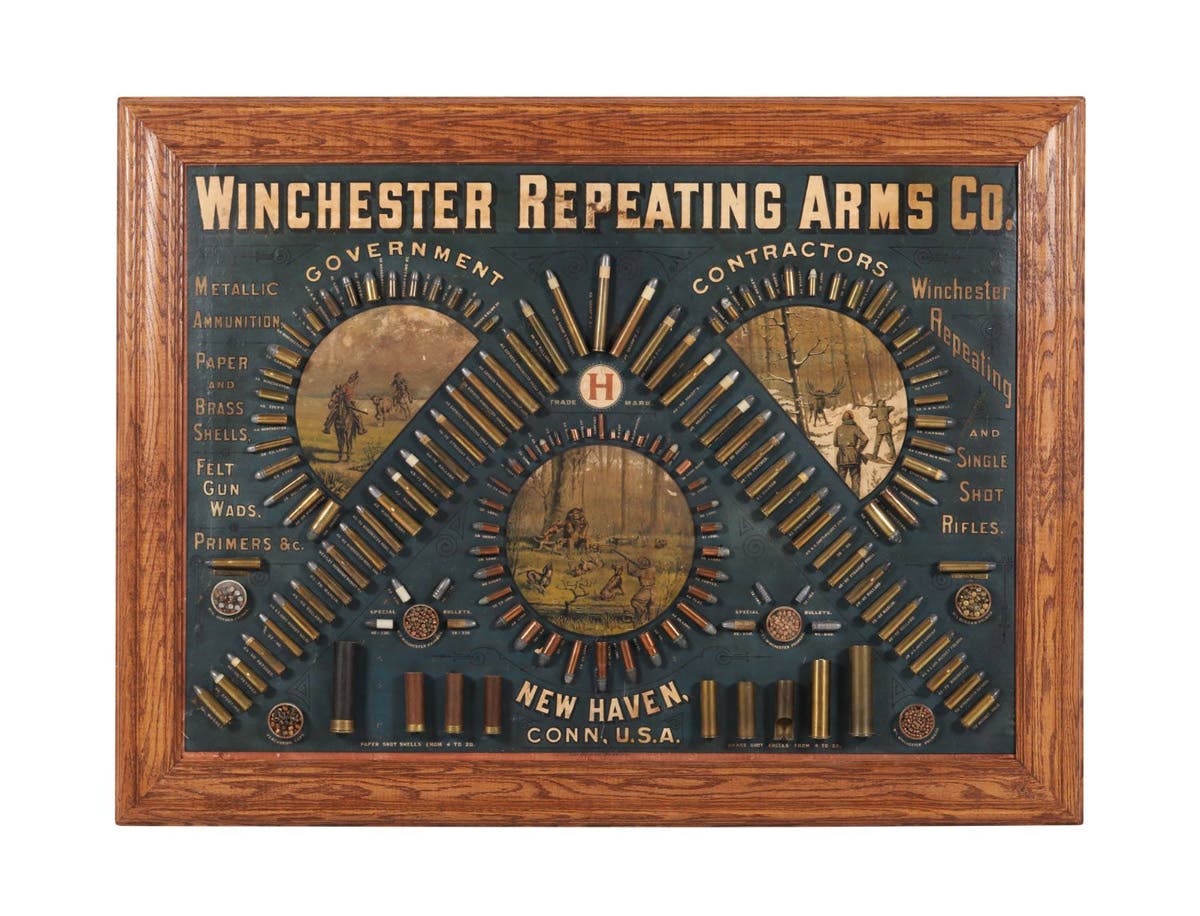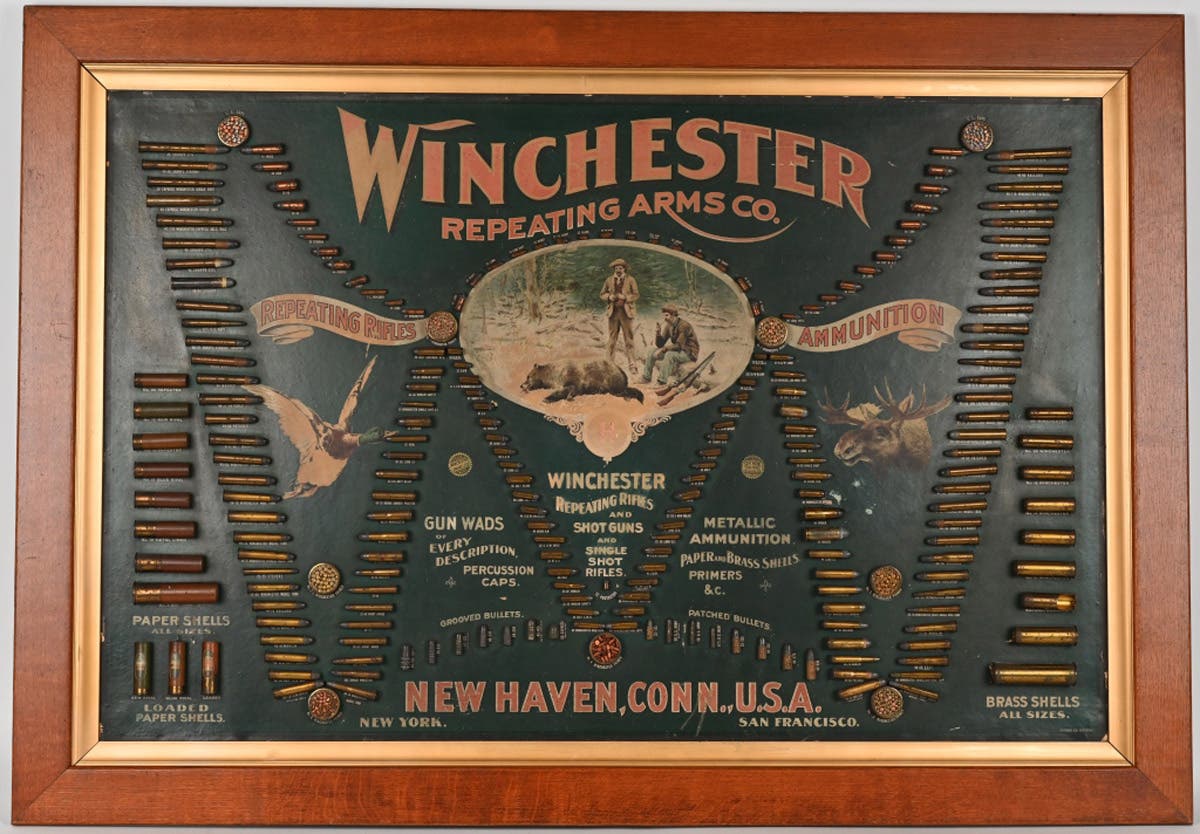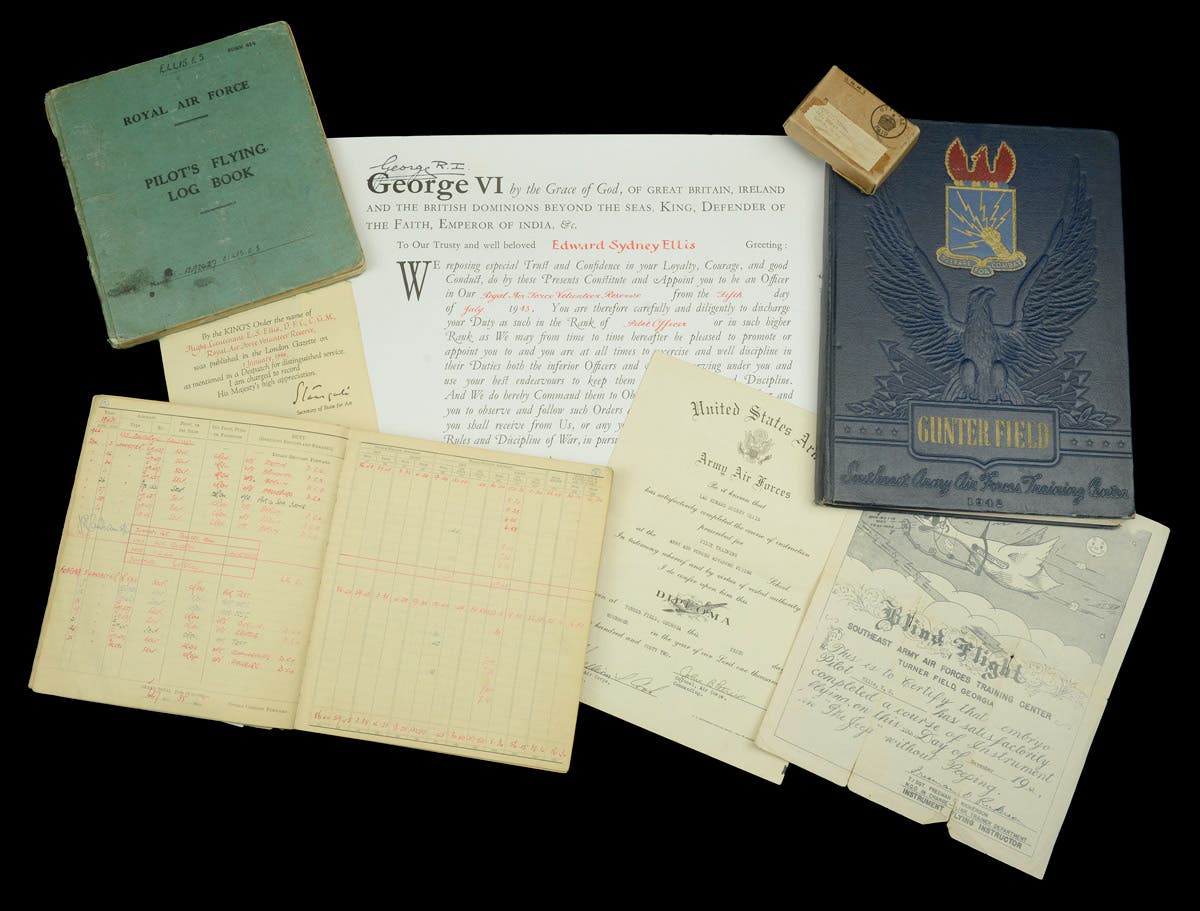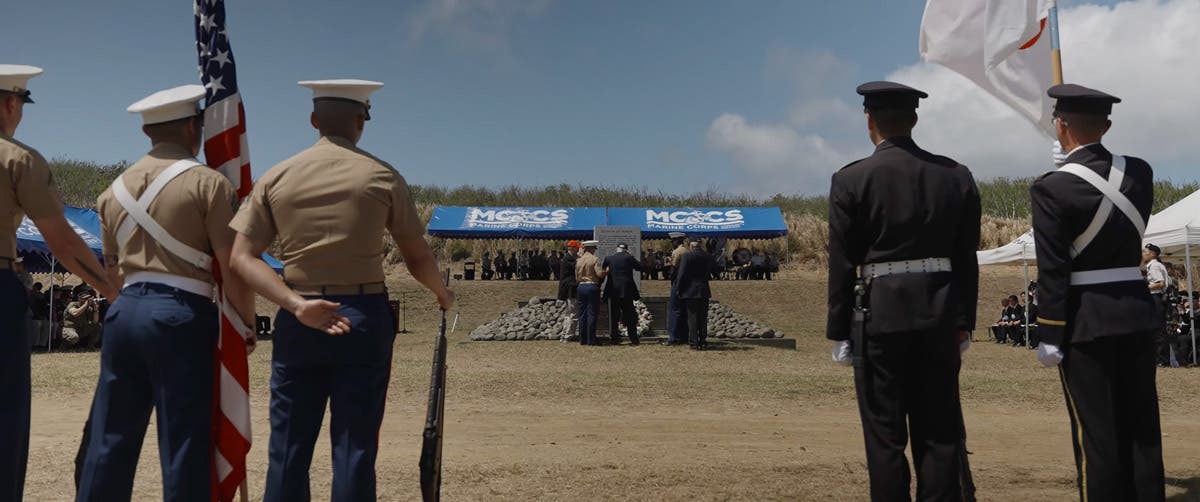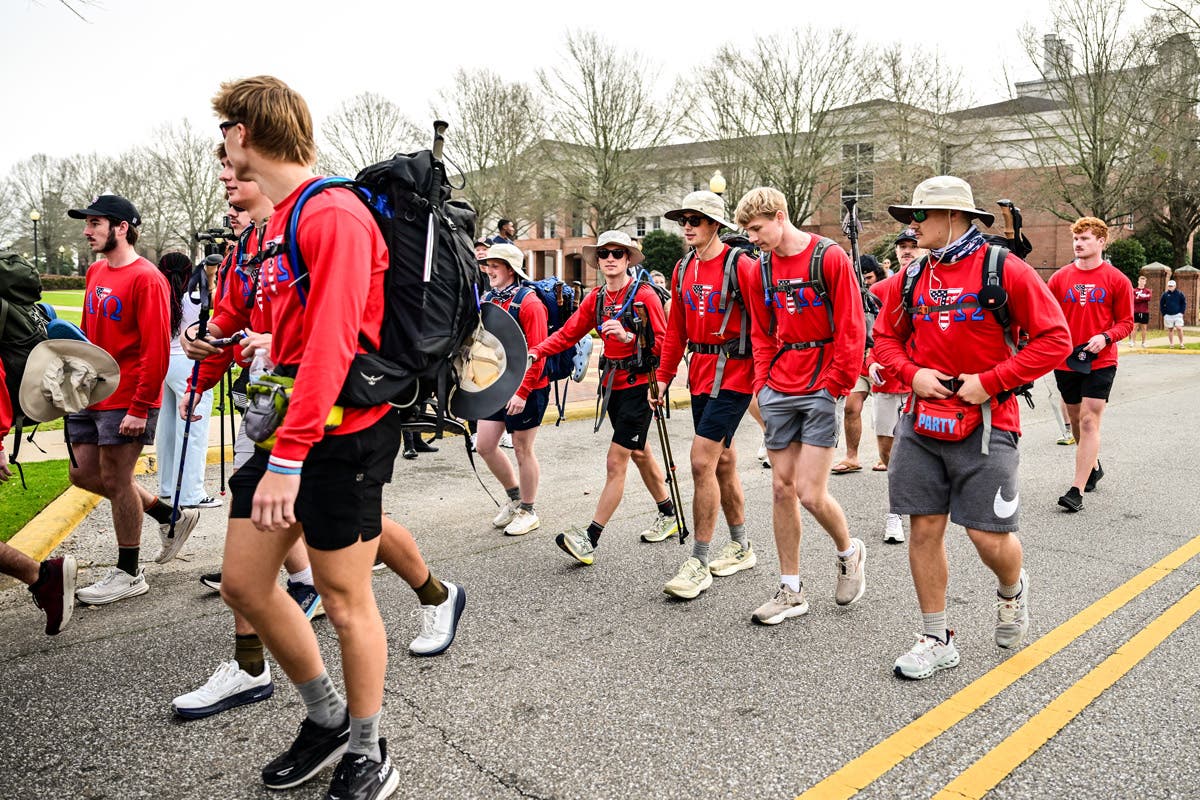“I Just Saluted The Kaiser” and 19 other expressions the Great War gave us
No bull about it. This list isn’t camouflaged or over the top. A glance through this chat will reveal a slightly dingbat attempt to brighten your day with sayings from a crummy war — WW1.
“Oops! I just saluted the Kaiser,” I said to my granddaughter after a little bit of gas slipped out (the way it seems to do on old guys). “Whattya mean, Papa?” she asked. I chuckled as I recalled my dad saying exactly the same thing to me when I was a boy many years ago.
Dad was born in 1921, so he grew up hunting and fishing with his dad and uncles who all lived through the Great War. I suspect Dad picked up the expression from one of them. After I explained the delicacies to my granddaughter (who was well onto something else, distracted by the beauty of the woods), I walked along our path, wondering how many other of my expressions originated during WWI.
We recently celebrated the centennial of the Armistice, ending the firing on the Western Front in 1918. While the ensuing Treaty of Versaille would have lasting ramifications on the world, so too, would many of the expressions coined during the “Great War of 1914-18.”
Some may be familiar, but I bet one or two will induce an “ah-ha moment” for you :
1. Camouflage
The French word camoufler (“disguise”) had been in use since the 19th century. The earliest evidence of its use in English to reference hiding soldiers or weapons from the enemy appeared in 1916.
2. Shellshock
Although the adjective "shell-shocked" has been traced back as far as 1898, when it was used to mean “subjected to heavy fire,” the first documented use of this term in English to refer to a psychological condition came in a 1915 study by psychologist Charles Samuel Myers published in The British Medical Journal titled, "A Contribution to the Study of Shell Shock" (Jan. 30, 1915). Some suggest that Myers did not invent the term but, rather, that he merely published a term that was already in wide use at the front.
3. Over the top
While most recognize the term to mean, “climbing out of the trenches,” the term has seen a resurgence —although with a very different meaning. Today, “over the top” implies embarking on a course of action or to make a remark that is either excessive, exaggerated, or unnecessary.
4. No man’s land
Variations of the term were in use as early as the 1300s when it meant the waste ground between two kingdoms. During WWI, it referred to the desolate territory between the hundreds of miles of opposing Allied and German trenches. It is still commonly used to refer to the uncharted territory between to opposing entities (whether individuals or nations).
5. D-Day
While this has become synonymous with the June 6, 1944 landings at Normandy during WWII, the military term was first used during the St. Mihiel engagement in France. “The First Army will attack at H-Hour on D-Day with the object of forcing the evacuation of the St. Mihiel salient” was written in an Army field order in September 1918.”
6. Having a chat or chatting
Though the expressions appear prior to WWI, British troops began the widespread use of “chat” to describe a group of soldiers sitting around picking off or scratching their body lice, which they called “chats” (derived from a Malayan word for the lice that the British military encountered in the Far East). American troops, however, tended to use the term “cooties” — which the British also coined.
7. Crummy
Lice were also directly responsible for this American slang term. US infantrymen used it to describe something that was “lousy” or of inferior quality. “Crummy” owes its origin to the similarity of lice eggs to tiny crumbs of white bread.
8. Cushy
Americans borrowed this term from the British soldiers (“Tommies”) who popularized it. The term stems from the Urdu word for pleasure (Kusi) and the Hindi word, Khush, meaning happy, easy, or pleasant.
The Tommies used the term to describe any military posting that was agreeable. It also referred to a wound that was non-fatal and gave the victim some time away from the front. Today, the term “cushy” still means “undemanding, easy, or secure” and applies to any relatively good situation.
9. Bullshit/Bull
This was another favorite of my dad’s that traces its roots to World War I. The chiefly American word "bullshit" (the noun form) fell into common usage in or around 1914, though both of the terms have prewar origins in several English-speaking countries (primarily Australia).
Today, the terms still retain their original meaning of nonsense or empty talk intended to deceive a person.
10. Dud
This term was widely used in my family — in fact, one of my brothers still bears the term as an unenviable nickname. During WWI, it came to refer specifically to a shell or a bullet that failed to go off.
Today, the definition has expanded to include any object (or person) that does not work properly or fails to work at all.
11. Dingbat
Also widely used by my brothers and sisters in the 1960s and 1970s, the original 19th-century term had a much different meaning than how we used it. Prior to WWI, it was used much like “thingamajig”.
During WWI, however, Australians and New Zealand troops used the phrases “to have the dingbats” or “to be dingbats,” to mean shell-shocked, nervous, or mad. By the time my family was using the term, it had come to mean a foolish or irrational person.
12. Potato Masher
This term has its origins in WWI being used to refer to the German grenade that resembled the kitchen tool.
13. Square head (or Blockhead)
Another common expression in my family, this “trench slang” from WWI referred to a German soldier. It was a reference to the German’s square-shaped helmets. By the time I was a kid, “a blockhead” came to mean someone who was not very sharp or clever.
14. Boche
This disparaging epithet for anything German derived from the French term, caboche, meaning, “cabbage.” Many French used the term colloquially to refer to the head, i.e., “cabbage-head” or “blockhead” (see no. 13 above).
15. Toot-Sweet
While many will recognize the phrase as a favorite of the Seinfeld character, Elaine, I remember both my grandmother and mother using it to mean, “Get it done—RIGHT NOW!”
Doughboys returning to the United States brought the phrase, having corrupted the original French expression, tout de suite, meaning, “all at once.”
16. Poilu
The British popularized this term to refer to the front line French soldier. It comes from the French noun, poil, used primarily to describe the hair of animals.
The French slang use of the word refers to an unshaven man though not particularly in a derogative tone, because in France, hair is a traditional symbol of virility.
17. Pushing up the daisies
According to the trade journal, The American Florist, the phrase was first used to refer to death in 1917.
18. Sniper
Prior to WWI, armies that employed specialist marksmen referred to them as "sharpshooters." When the Germans fielded thousands of highly trained riflemen, usually equipped with telescopic-sighted rifles in WWI, British officers often referred to them as "snipers."
The term goes back to the late 18th century when British officers stationed in India would go bird hunting. The tiny Snipe was one of the hardest of targets to hit.
From 1914 the word was widely adopted by the British press Since then, it has become universal.
Recently, "sniping" has also come to refer to sharp or snide remarks made about another person.
19. Tank
I will end with one of my favorites: “Tank.” I have studied tracked, mobilized warfare most of my life. I have also used the term to refer to my big brother who was “built like a Sherman tank and twice as strong.” Little did I know, however, that the Great War gave us the term.
Fosters of Lincoln, England, manufactured the first modern armored fighting vehicles. To prevent German spies from gaining any knowledge of the machines’ purpose, workers were told they were making “mobile water tanks.” Some vehicles on the factory line were even clearly marked in Cyrillic, “Water tanks for Russia.”
The secret was kept. When the heavy machines first rolled into combat on the Somme on September 15, 1916, the Germans were totally surprised and overwhelmed. The deceptive name stuck, and we still use it to refer to any “armored, gun-mounted vehicle moving on continuous articulated tracks.”
The list could go on, but to symbolize the end of the “War to end all Wars,” I will hold it to just 18.
And, with a nod to my Dad who always thought I had a cushy job, I shall close this chat — toot sweet —before anyone feels I tanked my effort to camouflage this editorial without going over the top and writing a dud of a JAG File.
With a salute to the Kaiser, I remain,
John Adams-Graf
Editor, Military Trader and Military Vehicles Magazine
You may also enjoy
*As an Amazon Associate, Military Trader / Military Vehicles earns from qualifying purchases.
John Adams-Graf ("JAG" to most) is the editor of Military Trader and Military Vehicles Magazine. He has been a military collector for his entire life. The son of a WWII veteran, his writings carry many lessons from the Greatest Generation. JAG has authored several books, including multiple editions of Warman's WWII Collectibles, Civil War Collectibles, and the Standard Catalog of Civil War Firearms. He is a passionate shooter, wood-splitter, kayaker, and WWI AEF Tank Corps collector.



